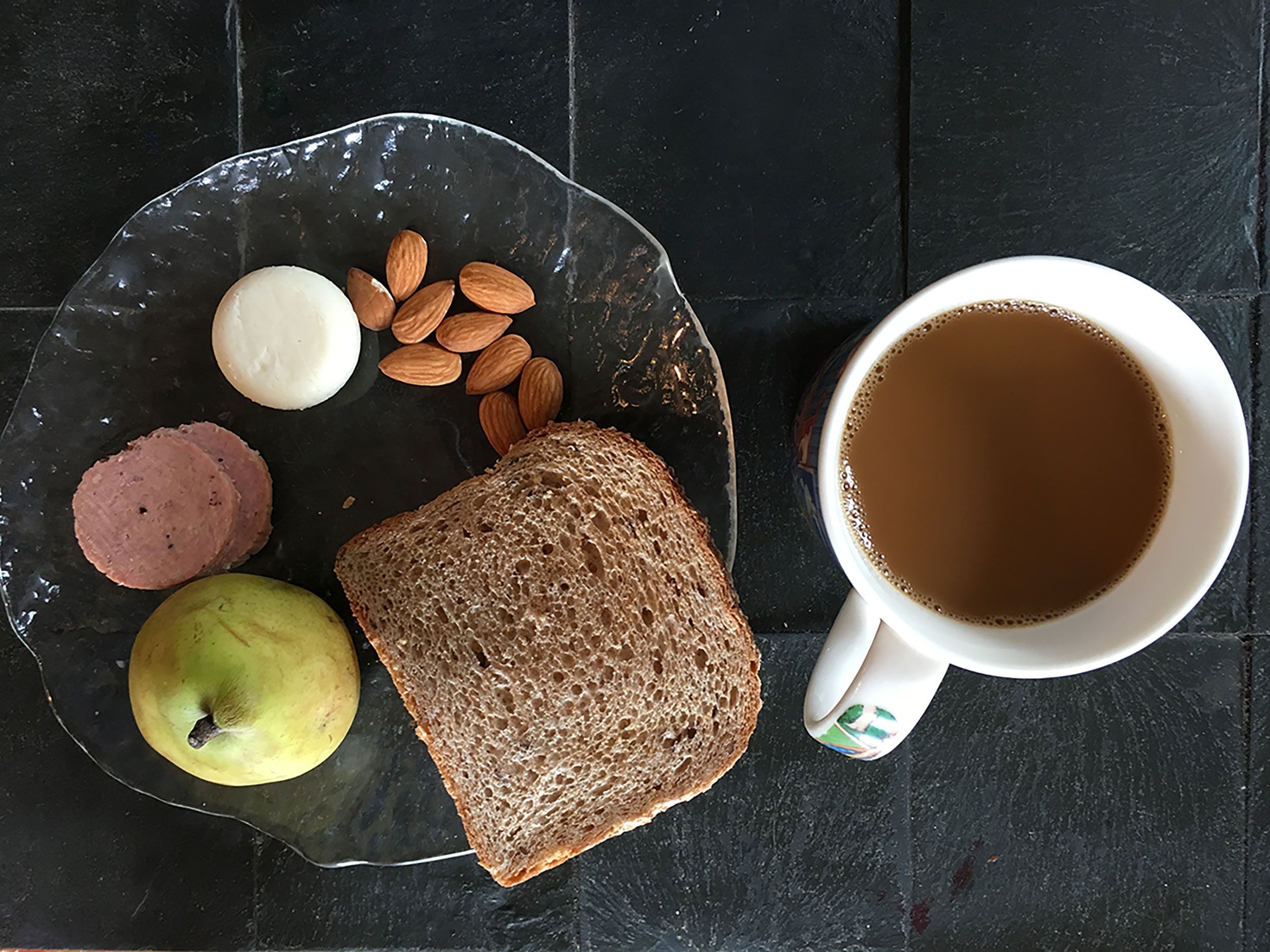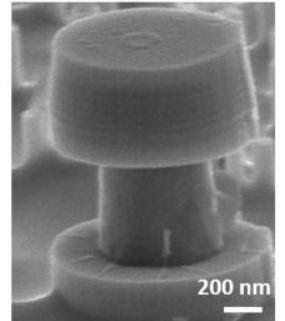Jul 12, 2016
Here’s what you’ll see at TIFF and The Verge’s VR showcase this month
Posted by Sean Brazell in categories: entertainment, virtual reality
We’re really excited to be working with the Toronto International Film Festival on a three-day event called POP showcasing some of the most inventive VR creations… and it’s coming up very soon — Friday, July 15th through Sunday, July 17th at the TIFF Bell Lightbox in Toronto. Tickets are on sale now, and we’d love to see you there.
Let’s talk about what you’ll see when you’re there. The theme of this POP event is empathy and real-world storytelling — how VR can really impact your view of (and connections to) the world. We have more than a dozen pieces that you can try.
Continue reading “Here’s what you’ll see at TIFF and The Verge’s VR showcase this month” »

















